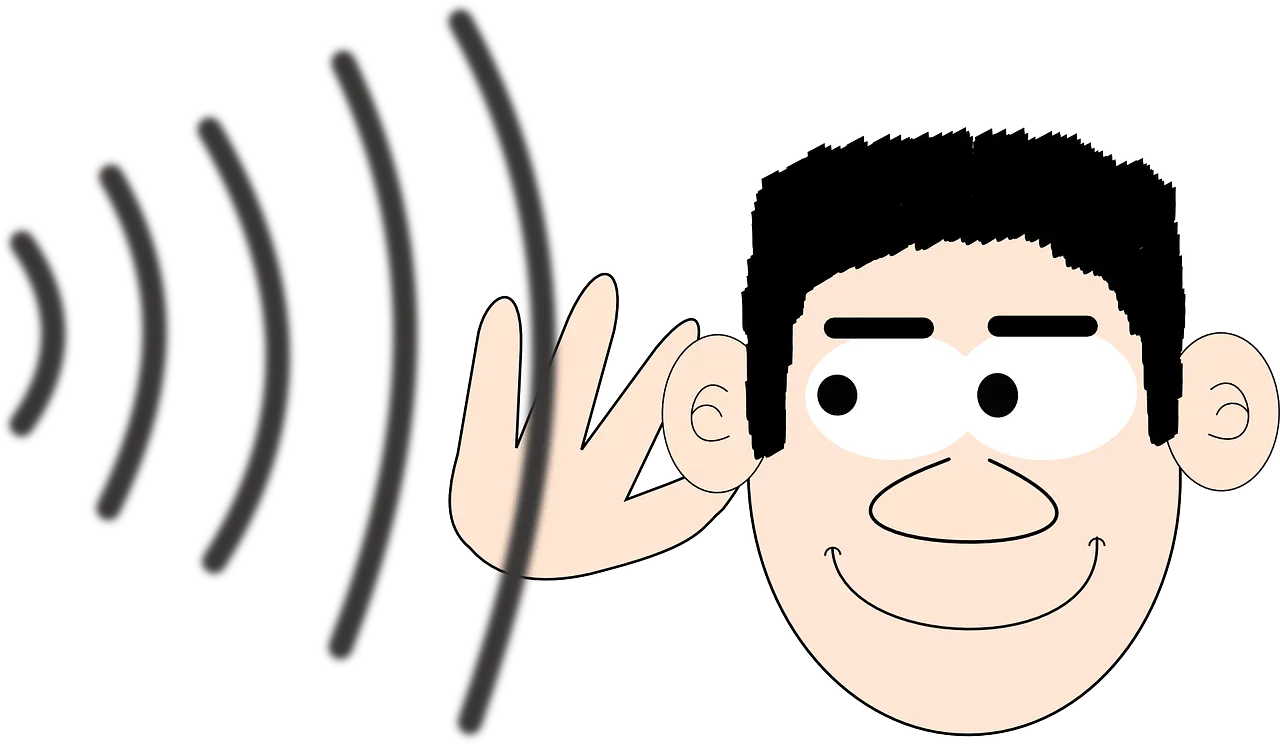Improving your accent can be easier than you think!
Whether you’re learning a new language or just want to sound more natural, there are simple tricks that can help.
With a little practice, you’ll notice a big difference in how you speak.
In this guide, I’ll share five easy tips you can start using right away to improve your accent.
These methods are quick, effective, and perfect for anyone who wants to sound clearer and more confident. Let’s dive in and get started on refining your accent!
How To Improve Your Accent With 5 Simple Tricks In 2026?
1. Learn The Phonetic Alphabet
When learning a new language, it’s important to master the phonetic alphabet in order to recognize new sounds.
Understanding a language’s phonemes enables you to distinguish sounds that your ear is not “tuned” to.
The more familiar you get with these sounds, the more frequently you’ll hear and speak in your new language.
Knowing the distinct sounds that exist in the language you’re studying can help you distinguish between similar-sounding sounds, which will make spelling that much easier for you.
If you’re learning largely via reading and writing, this can be extremely beneficial.
2. Acquire A Basic Knowledge Of Spoken Language
Put theory into action by immersing yourself in the language on a daily basis.
There is no denying that learning a new language is more difficult than you may think, but if you can, talk to native speakers as much as you can.
It’s okay to ask for help when you’re having difficulty pronouncing a word. To practice your pronunciation, simply replay the recording.
You may also use online dictionaries to hear the exact pronunciation, which will help you become used to studying your new language.
Listen to podcasts or watch TV programs in the language to improve your skills.
To get acclimated to unusual noises, put it on in the background while performing your tasks, even if you don’t comprehend what you’re hearing.
You’ll notice an improvement in your comprehension, as well as a possible improvement in your accent.
You can use Babbel to learn new languages.
3. Identify What’s ‘Weird’ About The Pronunciation
You’ll soon discover that your new language has many sounds with your original tongue because of this exposure (even if those sounds are written differently).
The sounds that are unique to a language other than your own may now be studied in detail. Refrain from just comparing these new sounds to ones you’re acquainted with.
This may seem like a time saver, but it’s a negative habit that will make it more difficult to rectify your pronunciation in the long term.
If you don’t pay attention to the unique sounds of your new language, you might end up sounding ridiculous or even uttering the wrong phrases!
The rolled R in the sound of the Spanish words pero and perro signifies the difference in meaning between the two words.
You can utilize notecards if you’re struggling with a particular phoneme.
Please make a note of it together with other phonemes that sound similar but are distinct. It’s best to recite them loudly many times.
You’ll be able to pick up on little variances and use that knowledge to your advantage.
4. Listen, Listen, Listen!
As noted in point two, the Internet has a wealth of audio resources that can assist you in improving your pronunciation.
Listen to as many songs as you can! Focus on the phonetic components of the language rather than the grammar and vocabulary all the time.
Focus on rhythm, breaks, and intonation while listening to short audio recordings, such as podcasts.
See if you can figure out what makes the phrase flow so that you may try to do the same. When watching a movie in your target language, turn off the subtitles and focus on the actors’ lips.
Try slowing down the pace of the movie or audio you’re listening to (most digital media players enable this, and even YouTube videos may be slowed).
This can aid with syllable separation and identification.
If your understanding level is already pretty high, you can push yourself by increasing the speed.
This level of focus is a wonderful training ground for native speakers who speak at a rapid pace!
5. Consistent Practice Leads to Consistent Results
Don’t get discouraged if you don’t see results right away when you start working on your accent.
Your training sessions should be frequent — no more than two days should elapse between them — if you want to achieve optimal efficiency (and every day is ideal).
Record yourself reading newspaper articles, movie scripts, and song lyrics.
Consider your talents and shortcomings while you listen. What linguistic tendencies from your first language are you bringing to your second?
A native speaker’s opinion might also be solicited. You may, for example, post your recordings to Reddit’s Judge My Accent community.
If you’re having trouble mastering accents, don’t give up! Your accent will improve as you talk and receive comments.
Quick Links:
- Ways To Improve Your Money Confidence
- Top Best Jim Kwik Quotes From Limitless
- How To Build A Schedule For Effective Learning That Brings Results
- How To Be More Confident (Boost Self Confidence To NEXT Level)
- Best Inspirational Quotes for Writers Related To Craft and Business
Conclusion: How To Improve Your Accent In 2026?
Improving your accent doesn’t have to be complicated. By using these five simple tricks regularly, you can make real progress and sound more natural.
Remember, practice is key, so keep at it and be patient with yourself.
Over time, you’ll notice your accent improving, and your speaking will feel more comfortable and confident. Keep practicing, and enjoy the process!



